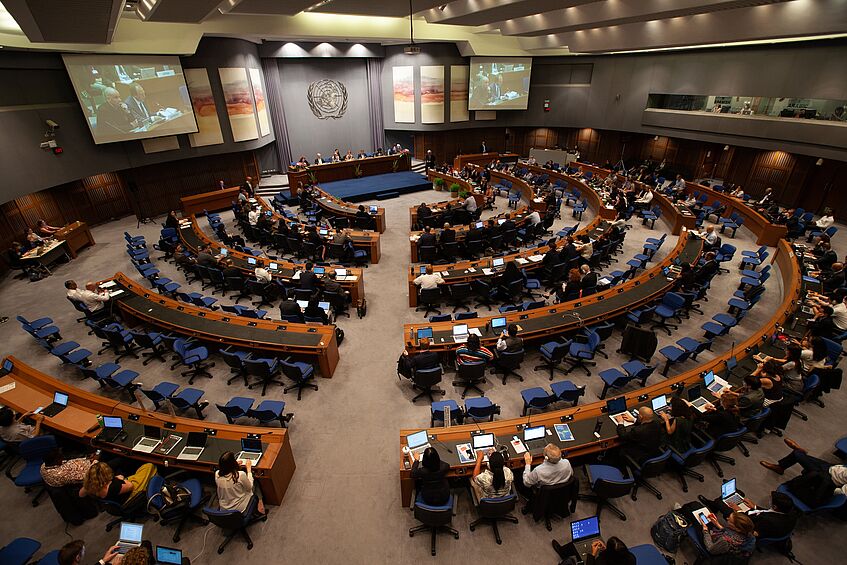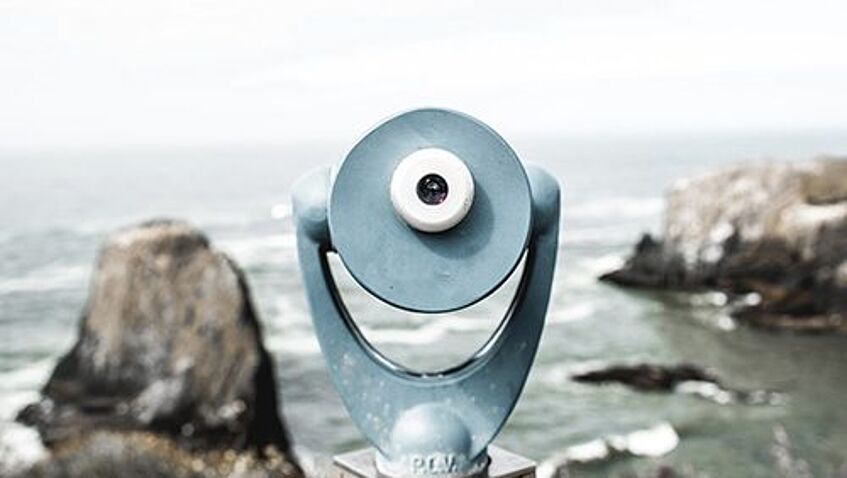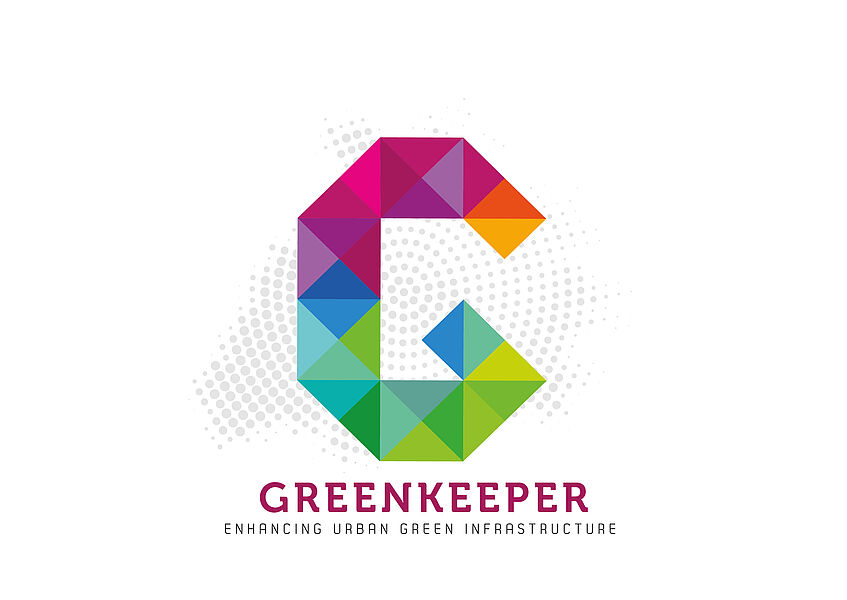Recently completed projects

LimnoPlast
Microplastics In Europe’s Freshwater Ecosystems: from sources to solutions (LimnoPlast) Synthetic polymers have become an indispensable part of our daily life.
Besides the indisputable benefits of plastic materials, major concerns arise about plastic leakage to the environment. Small plastic particles so-called microplastics (MP) have been detected ubiquitously in various ecosystems around the globe where they are bioavailable for a broad range of organisms may negatively affect ecosystems and consequently society and economy.
While there is political motivation to solve the MP issue most activities focus on marine environments. However, emerging research demonstrates that freshwater ecosystems are highly affected by MP pollution and are a major MP pathway to the oceans.
The LimnoPlast project addresses this issue by devoting its research and training program to MP in Europe’s freshwater ecosystems. LimnoPlast challenges traditional barriers between disciplines and sectors and combines environmental, technical and social sciences in order to tackle the MP problem from its sources to potential solutions in a holistic approach.
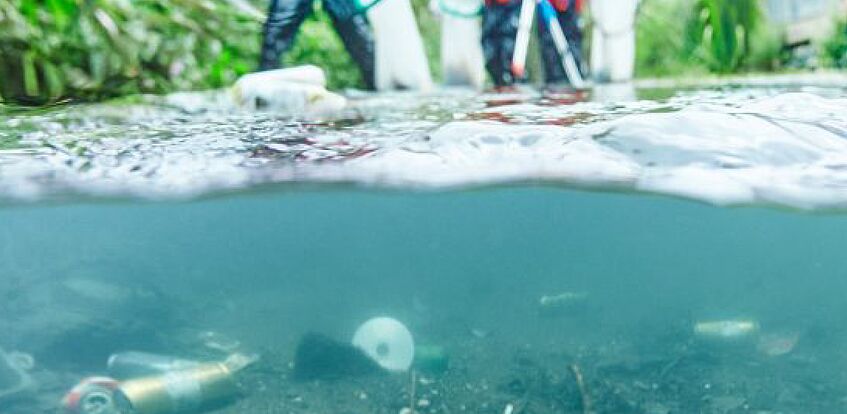
Interreg Preventing Plastic Pollution
In cooperation with 18 organisations from across France and England, Preventing Plastic Pollution sought to understand and reduce the impact of plastic pollution in the marine environment. By looking at the whole area from source to sea, the project identified and targeted plastic hotspots, embedded behaviour change in local communities and businesses, and implemented effective solutions and alternatives.
The €14 million Preventing Plastic Pollution project was approved by the Interreg France (Channel) England programme, which provided €9.9 million in funding from the European Regional Development Fund. The project was carried out at seven pilot sites: Brest Harbour, Douarnenez Bay, Veys Bay, Poole Harbour and the Medway, Tamar and Great Ouse estuaries.
The information gained from the research in these areas will enable the cross-Channel partnerships to tackle some of the four million tonnes of plastic waste that enters the sea via rivers every year.
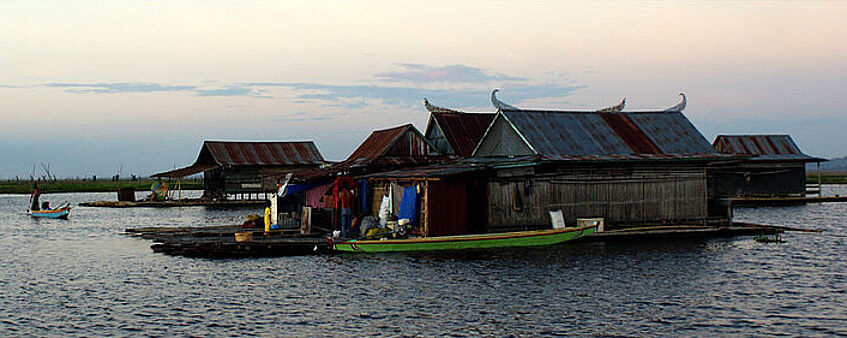
Blue Communities in South East Asia
Blue Communities was a 4 year research capacity-building programme for marine planning in East and South-East (E/SE) Asia, funded by the UK Government’s Global Challenges Research Fund (GCRF) with a total value of £1.5 billion. The programme comprised 12 interconnected research projects that were actively integrated to support marine planning, as well as 10 cross-cutting capacity building activities.
Millions of people across the globe rely on marine and coastal ecosystems for their livelihoods: food, employment and their general well-being. However, the marine environment is under immense pressure from the multiple, and often conflicting, needs of the people that use it. In E/SE Asia, where marine activities are important contributors to Gross Domestic Product (GDP), marine spatial planning, which involves coordinated decision-making, has been highlighted as a key enabler for a sustainable future.
Through scientific and stakeholder collaboration, community co-design and joint implementation, Blue Communities has supported the development, implementation and ongoing management of initiatives that promote the sustainable use of marine resources by multiple users while protecting fragile marine ecosystems and supporting the livelihoods, food security, health and well-being of people in these coastal communities.

Green-Blue Spaces in Wales
This project was investigating whether people exposed to good quality natural environments experience better mental health and wellbeing. Mental health is a critical public health issue in the UK as well as internationally. There was evidence that access, exposure and proximity to green and blue spaces, such as parks, woodlands, rivers and beaches, may promote positive mental health and wellbeing.
Yet the pathways leading to these effects were not yet fully understood, particularly at the individual level. However, a comprehensive understanding that would provide better and more robust evidence was needed for policy development to improve access to and exposure to green-blue spaces.
This research was using record-linked data from the National Survey for Wales and the NHS via the ‘Secure Anonymised Information Linkage’ (SAIL), alongside innovative green-blue space exposure metrics, for approximately 12,000 people in Wales.
The £600k National Institute for Health Research (NIHR) funded project was led by researchers at University of Liverpool and Swansea University.
UNEP Stocktake
The stock-taking exercise was carried out in order to gather information about ongoing and planned activities by stakeholder groups that address marine litter and microplastics directly and indirectly. The EnvPsy Team of Sabine Pahl was tasked to lead this global stocktake on actions contributing to the flow of plastic to the ocean, where actions included anything from policies, bans, education and behaviour change programmes to technical and economic measures.
They also reported their findings to the ad hoc open-ended expert group (AHEG), which was established through United Nations Environment Assembly (UNEA), and made them publically accessible via an online searchable dashboard and repository.
BlueHealth in Europe
A €6million EU Horizons 2020 Research and Innovation Action project examining population health and wellbeing in relation to inland and coastal waters. Mathew White was Work Package 2 lead at Exeter University in charge of a 19 country survey n > 21,000 across 15 European and 4 non-European Countries.
Seas Oceans and Public Health in Europe (SOPHIE)
A €2million EU Horizons 2020 Strategic Research Agenda project setting out the main research needs in the area of Oceans and Human Health for the EU. Mathew White was Work Package 2 lead at Exeter University in charge of a 15 country survey n > 15,000 across 14 European and 1 non-European Countries.
Greenkeeper
A £1.2millon Innovate UK funded project developing a valuation tool for urban greenspaces. Project led by Vivid Economics and Mathew White was Exeter partner on valuation for Mental and Physical health.
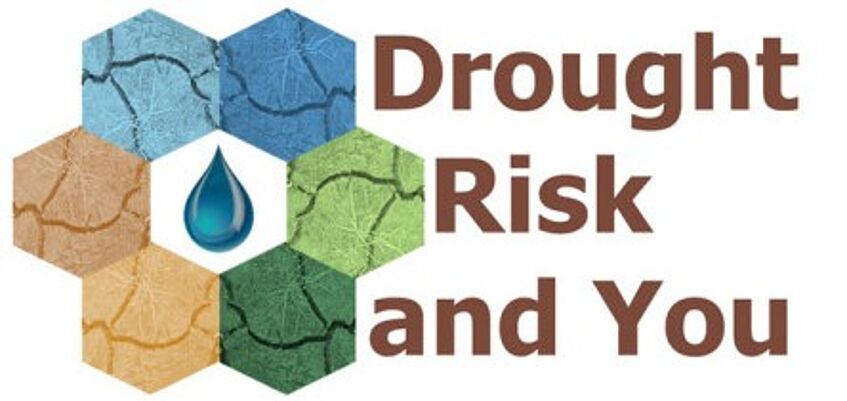
Drought Risk and You (DRY)
A £4.5million Natural Environment Research Council funded project looking at drought risk management under conditions of climate change in the UK. Mathew White was Exeter lead looking at health and wellbeing implications.

